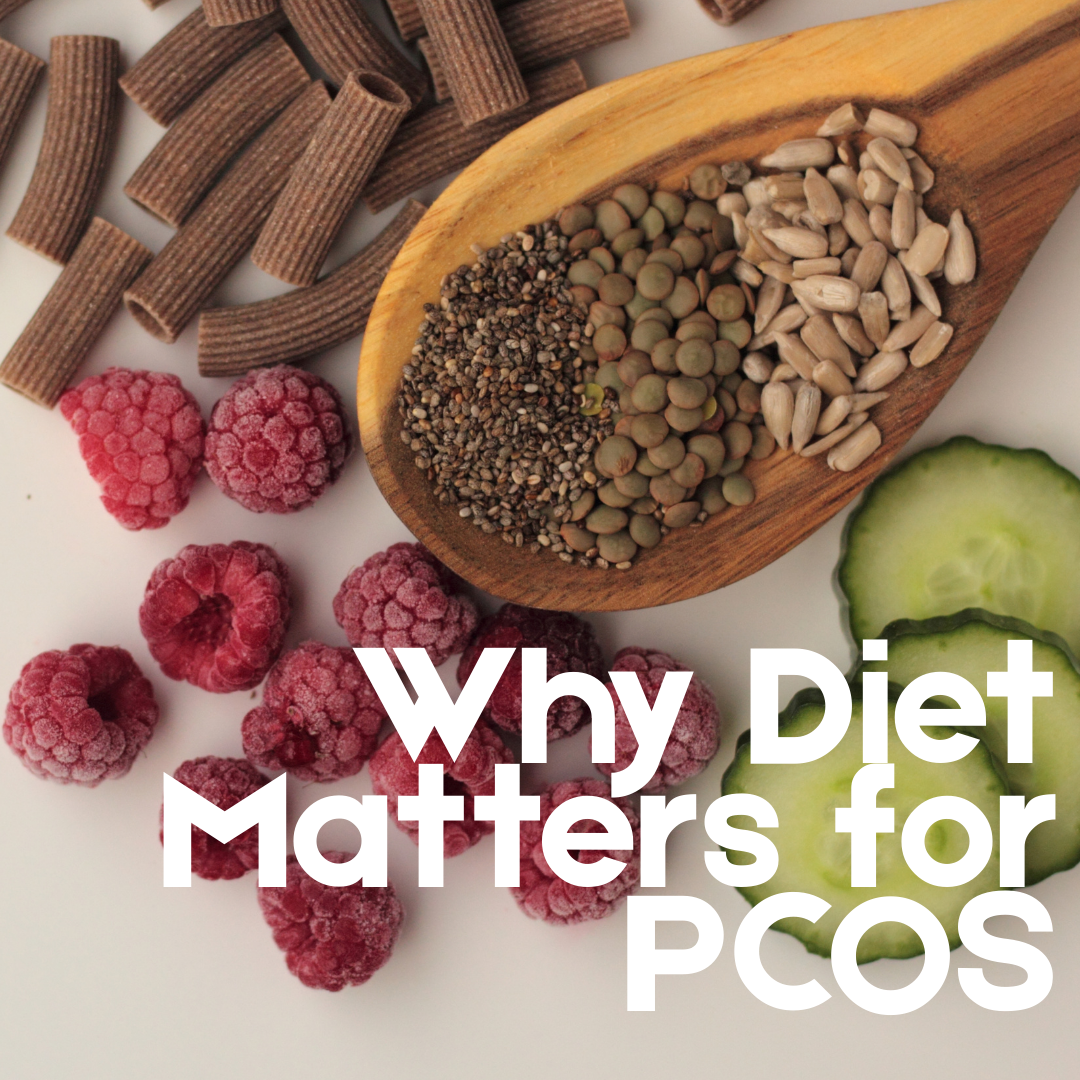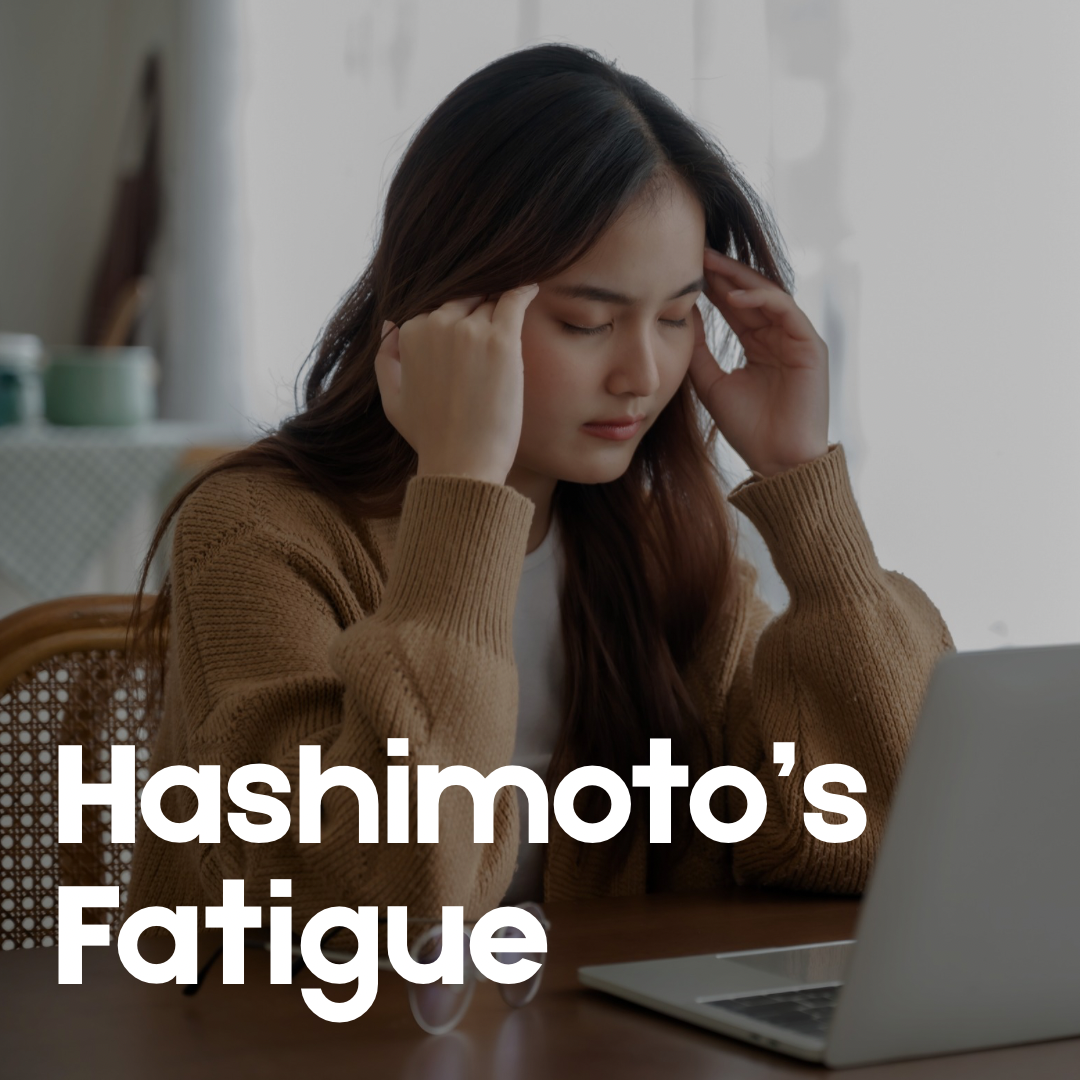What Is Hashimoto’s and Why Does It Cause Fatigue?
Hashimoto’s thyroiditis is an autoimmune condition where the immune system mistakenly attacks the thyroid, causing it to underproduce thyroid hormones. This leads to hypothyroidism, which slows metabolism and often causes:
- Chronic fatigue
- Weight gain
- Hair thinning
- Brain fog
- Depression or low mood
Hashimoto’s is one of the most common autoimmune diseases in women, affecting up to 5% of the U.S. population (American Thyroid Association).
Diet and Hashimoto’s Fatigue: Why Food Matters
While diet can’t cure Hashimoto’s, it can reduce inflammation, support hormone balance, and help restore energy. A nutrition approach tailored for thyroid health can make daily life more manageable (Cleveland Clinic).
✅ Foods That May Help with Hashimoto’s
🥦 Anti-Inflammatory Choices
- Leafy greens (spinach, kale, arugula)
- Berries, cherries, oranges (antioxidant rich)
- Fatty fish (salmon, sardines, mackerel) → omega-3s reduce autoimmune inflammation
🌾 Selenium & Zinc Rich Foods
- Brazil nuts (selenium helps regulate thyroid hormones)
- Pumpkin seeds & oysters (rich in zinc, important for thyroid function)
- Eggs → provide selenium + iodine in balance
🧄 Gut-Friendly Foods
Hashimoto’s is often linked with gut issues (like leaky gut or IBS).
- Fermented foods: sauerkraut, kimchi, kefir, unsweetened yogurt
- High-fiber veggies to support digestion
🚫 Foods to Limit or Avoid
- Gluten: Research suggests gluten sensitivity is common among women with Hashimoto’s (NCBI – PubMed).
- Processed sugar: Fuels inflammation and blood sugar crashes.
- Highly processed foods: Artificial additives and trans fats can worsen autoimmune flares.
- Excess soy: Can interfere with thyroid hormone absorption in some women.
Example Hashimoto’s-Friendly Day of Eating
- Breakfast: 2 boiled eggs + sautéed spinach + 1 slice of gluten-free toast
- Lunch: Grilled salmon over quinoa + steamed broccoli with olive oil
- Snack: Brazil nuts + blueberries
- Dinner: Lentil soup with kale, carrots, and turmeric
- Evening Drink: Ginger + lemon herbal tea
Lifestyle Tips Beyond Diet
- Sleep: Prioritize 7–9 hours; poor sleep worsens fatigue.
- Stress management: High cortisol can further suppress thyroid function. Try yoga, meditation, or gentle walks.
- Exercise: Stick to strength training + light cardio; overtraining can make symptoms worse.
- Medication adherence: If prescribed levothyroxine, take it consistently and avoid food interactions (like coffee right after). See Mayo Clinic guidance.
Final Thoughts
Hashimoto’s fatigue is real, and it can feel overwhelming. But with the right diet, lifestyle, and medical treatment, many women find they can manage symptoms and reclaim energy.
If you’ve been diagnosed, consider working with a registered dietitian specializing in autoimmune disease. Pairing anti-inflammatory nutrition + thyroid hormone therapy is often the most effective path forward.
Read more

Discover the best diet strategies for PCOS. Learn how food choices can improve insulin resistance, balance hormones, reduce inflammation, and support weight loss.

What is PMDD? Premenstrual Dysphoric Disorder (PMDD) is a severe form of PMS (premenstrual syndrome) that affects around 5–8% of menstruating women. Unlike typical PMS, PMDD symptoms can be debil...

